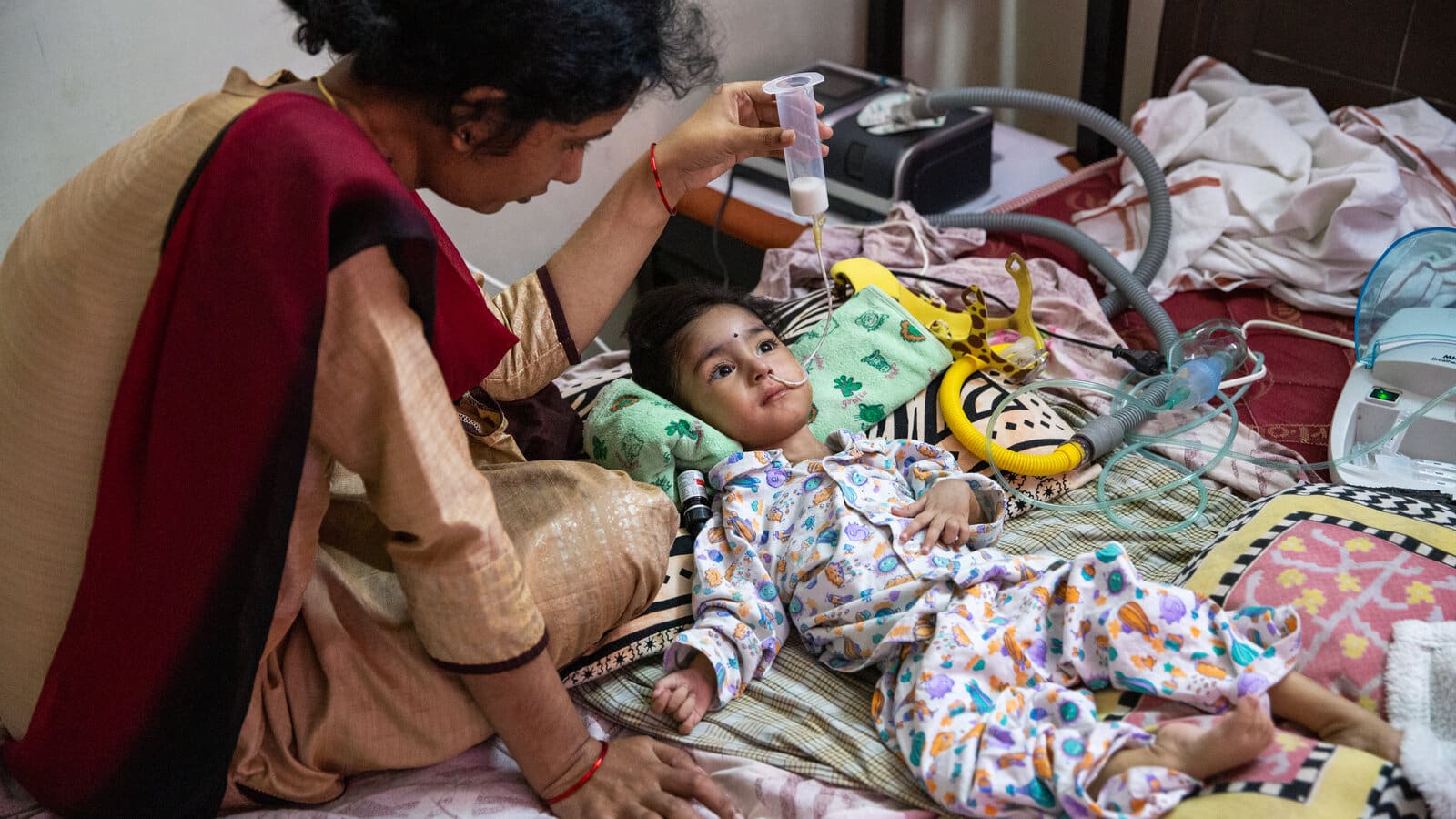Indian State Takes Action Against Rare Disease Outbreak

On the eve of Onam, a major festival in Kerala, India, tragedy struck as 45-year-old Sobhana succumbed to an infection caused by the brain-eating amoeba, Naegleria fowleri. Initially presenting with mild symptoms, her condition deteriorated rapidly, leading to her death on September 5. This incident highlights a concerning trend in Kerala, where over 70 cases of this rare but deadly infection have been reported this year, resulting in 19 fatalities. As public health officials grapple with rising infection rates, they are also implementing measures to combat this dangerous pathogen.
Understanding Naegleria fowleri and Its Impact
Naegleria fowleri is a single-celled organism that typically resides in warm freshwater environments, such as lakes and hot springs. It can enter the human body through the nose, leading to a severe brain infection known as primary amoebic meningoencephalitis (PAM). This infection is extremely rare, with only 488 cases documented globally since 1962, predominantly in the United States, Pakistan, and Australia. Tragically, approximately 95% of those infected have died. In Kerala, the situation has escalated, with the state reporting more than 70 cases this year alone, a significant increase from previous years. The victims have ranged in age from infants to the elderly, underscoring the indiscriminate nature of this infection.
Improving Detection and Survival Rates
Despite the alarming rise in cases, Kerala has seen improvements in survival rates due to enhanced detection methods. In 2022, the state recorded 39 cases with a 23% fatality rate. This year, nearly 70 cases have been reported, but the mortality rate has slightly increased to about 24.5%. Health officials attribute this positive trend to aggressive testing and early diagnosis, which have become hallmarks of Kerala’s public health strategy. Early detection allows for tailored treatments, including a combination of antimicrobials and steroids that target the amoeba effectively. Public health laboratories in Kerala are now equipped to identify five major pathogenic amoebae, improving the chances of timely intervention.
Public Health Responses and Challenges
In response to the rising threat of Naegleria fowleri, Kerala’s public health authorities have launched extensive campaigns to raise awareness and implement preventive measures. Recently, 2.7 million wells were chlorinated to reduce the risk of contamination. Local governments have also erected warning signs around ponds and enforced regular chlorination of swimming pools. However, the challenges remain significant. Chlorinating natural water bodies is impractical due to ecological concerns, and monitoring every water source in a densely populated state is unfeasible. Health officials emphasize the importance of public education, urging residents to maintain clean water sources and adopt safe practices when using untreated freshwater.
The Role of Climate Change and Future Implications
Experts warn that climate change is exacerbating the risk of Naegleria fowleri infections. Warmer temperatures and prolonged summers create favorable conditions for the amoeba’s proliferation. Even a slight increase in temperature can trigger its spread, particularly in Kerala’s tropical climate. Additionally, pollution in water sources feeds the bacteria that the amoeba consumes, further complicating the situation. As Kerala continues to battle this rare infection, the lessons learned may have broader implications. The potential for climate change to alter the landscape of infectious diseases raises concerns that even uncommon pathogens could become more prevalent, necessitating vigilance and proactive public health measures.
Observer Voice is the one stop site for National, International news, Sports, Editor’s Choice, Art/culture contents, Quotes and much more. We also cover historical contents. Historical contents includes World History, Indian History, and what happened today. The website also covers Entertainment across the India and World.
Follow Us on Twitter, Instagram, Facebook, & LinkedIn

